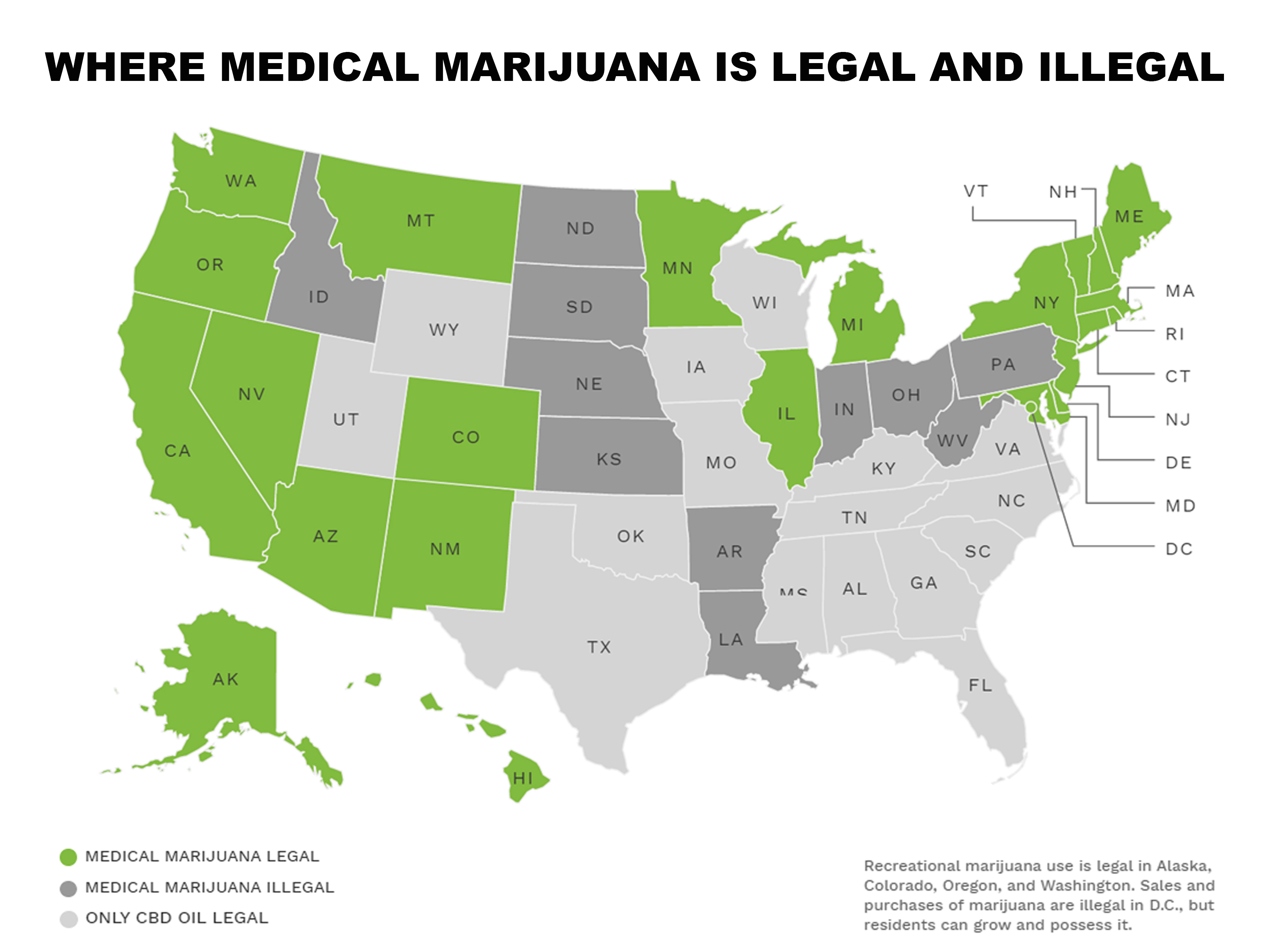Exploring the Legal Landscape: Navigating the Complexities of Medical Marijuana Regulations
Introduction
Medical marijuana regulations have become increasingly complex as more and more states legalize the use of cannabis for medicinal purposes. Navigating this legal landscape can be daunting, with each state having its own set of rules and requirements. This article aims to provide an overview of the key factors to consider when exploring medical marijuana regulations.
The Legalization of Medical Marijuana
Over the past few decades, there has been a growing recognition of the potential health benefits of marijuana. As a result, more and more states have enacted legislation to legalize the use of marijuana for medical purposes. However, the laws and regulations surrounding medical marijuana vary significantly from state to state.
State-by-State Variations
One of the most significant complexities in navigating medical marijuana regulations is the vast differences between each state’s laws. Some states have legalized both the recreational and medical use of marijuana, while others only allow for medical use. Additionally, the conditions that qualify for medical marijuana treatment can vary widely. It is important to thoroughly research and understand the specific regulations of the state in which you reside or plan to seek medical marijuana treatment.
Doctor-Patient Relationship
Obtaining medical marijuana usually requires a valid recommendation from a licensed healthcare professional. However, the process and requirements for obtaining a recommendation can differ depending on the state. Some states require an established doctor-patient relationship, meaning that patients must have been under the care of their recommending physician for a certain period of time before receiving a recommendation. Other states have more lenient requirements. It is crucial to familiarize yourself with the specific requirements in your state.
Dispensary Regulations
In states where medical marijuana is legal, dispensaries play a vital role in providing access to patients. However, the regulations surrounding the operation of these establishments also vary. Some states have strict guidelines on the number of dispensaries allowed and their locations, while others have a more laissez-faire approach. Additionally, licensing requirements for dispensaries can differ, including requirements for security measures, product testing, and inventory tracking. Understanding the specific regulations governing dispensaries in your state is essential for both patients and potential business owners.
Resources and Hyperlinks
The following resources can provide valuable information on medical marijuana regulations:
-
- Americans for Safe Access – A nonprofit organization dedicated to ensuring safe and legal access to medical cannabis for therapeutic use and research.
-
- Marijuana Policy Project – A leading organization working to reform marijuana laws.
-
- National Organization for the Reform of Marijuana Laws (NORML) – A nonprofit lobbying organization working to legalize marijuana.
By utilizing these resources, individuals can stay informed about the latest developments and regulations in their state and engage in advocacy efforts to shape medical marijuana policies.
Conclusion
Navigating the complex legal landscape of medical marijuana regulations requires a thorough understanding of the intricacies involved. State-by-state variations, requirements for doctor-patient relationships, and dispensary regulations all play a crucial role in determining access to medical marijuana. By staying informed, individuals can ensure compliance with the law and advocate for sensible and effective regulations.
Share:



